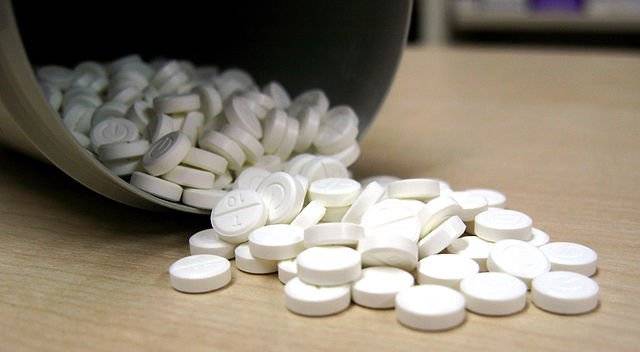The European Parliament and The Council of The European Union recently passed the Regulation (EU) 2015/2424. The legislation concerns an amendment to the European Union trademark law. The new legislation has India worried as it enlists stringent enforcement provisions that allow customs officials to seize foreign consignments en route to third countries if they contain items with brand names or logos similar to those registered as trademarks in the 28-member nations of the EU block.
The specific provisions that are the cause of India’s concern are as mentioned below:
(15) In order to strengthen trade mark protection and combat counterfeiting more effectively, and in line with international obligations of the Union under the framework of the World Trade Organisation (WTO), in particular Article V of the General Agreement on Tariffs and Trade (GATT) on freedom of transit and, as regards generic medicines, the ‘Declaration on the TRIPS Agreement and public health’ adopted by the Doha WTO Ministerial Conference on 14 November 2001, the proprietor of an EU trade mark should be entitled to prevent third parties from bringing goods, in the course of trade, into the Union without being released for free circulation there, where such goods come from third countries and bear without authorisation a trade mark which is identical or essentially identical with the EU trade mark registered in respect of such goods.
(16) To this effect, it should be permissible for EU trade mark proprietors to prevent the entry of infringing goods and their placement in all customs situations, including transit, transhipment, warehousing, free zones, temporary storage, inward processing or temporary admission, also when such goods are not intended to be placed on the market of the Union. In performing customs controls, the customs authorities should make use of the powers and procedures laid down in Regulation (EU) No 608/2013 of the European Parliament and the Council ( 1 ), also at the request of the right holders. In particular, the customs authorities should carry out the relevant controls on the basis of risk analysis criteria.
(19) Appropriate measures should be taken with a view to ensuring the smooth transit of generic medicines. With respect to international non-proprietary names (INN) as globally recognised generic names for active substances in pharmaceutical preparations, it is vital to take due account of the existing limitations on the effect of EU trade mark rights. Consequently, the proprietor of an EU trade mark should not have the right to prevent a third party from bringing goods into the Union without being released for free circulation there, based upon similarities between the INN for the active ingredient in the medicines and the trade mark.
The Indian government has said that the new law has been passed without considering any of the suggestions India had made in relation to goods in transit, especially generic medicines. News reports have indicated that India will not hesitate to approach the WTO in the event that the EU seizes its pharmaceutical exports to the third world countries.
India had requested EU to abstain from bringing goods in transit under the purview of the trademark legislation because trademark laws are applied territorially. In an interview with The Hindu, the official spokesperson for the Commerce Ministry is quoted to have explained that “Trademark violation happens when the trademark holder’s rights are affected vis-à-vis a territory or its consumers. If an item is only in transit and has not been released in the EU market, it should not be seized for possible violation.”
EU countries have had a long history of seizing legitimate generic medicines, including a 2009 incident in Germany when generic versions of an antibiotic labelled as ‘amoxicillin’ – the drug’s international non-proprietary name – was seized after customs agents believed it infringed on the trade mark ‘Amoxil’ of the originator company. In 2010, both India and Brazil, concerned with repeated seizures by customs authorities of “legitimate” generic medicine consignments which are in transit in various European ports and exported to Latin America and Africa, approached the WTO for a resolution.
Millions of people rely on affordable generic medicines produced in India, also known as the ‘pharmacy of the developing world.’ India, with a domestic pharma production of over Rs 90,000 crore, is the third-largest producer of medicines by volume in the world. Médecins Sans Frontières (MSF) for instance relies heavily on Indian generics to carry out its medical work in more than 60 countries.
The new trademark law will thus impact heavily all those concerned with the generic drugs industry and therefore it remains to be seen how the government will approach the whole issue win the light of the several criticisms it has faced in the past 6 months.
The regulation document can be accessed here.
Authored by Gaurav Mishra.
References: EU Trademark law, India-EU trade, Pharma Export,
Image source / attribution here, this image is governed by Creative Commons License CC BY 2.0



